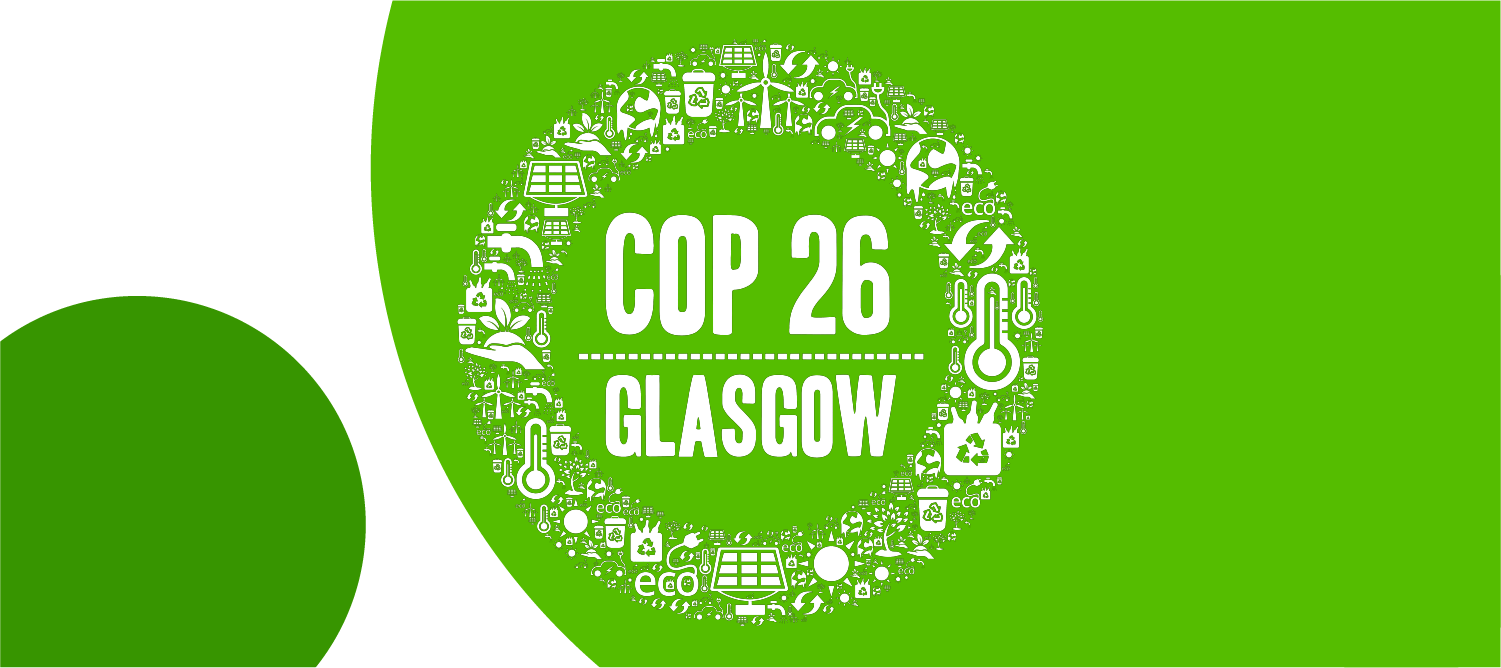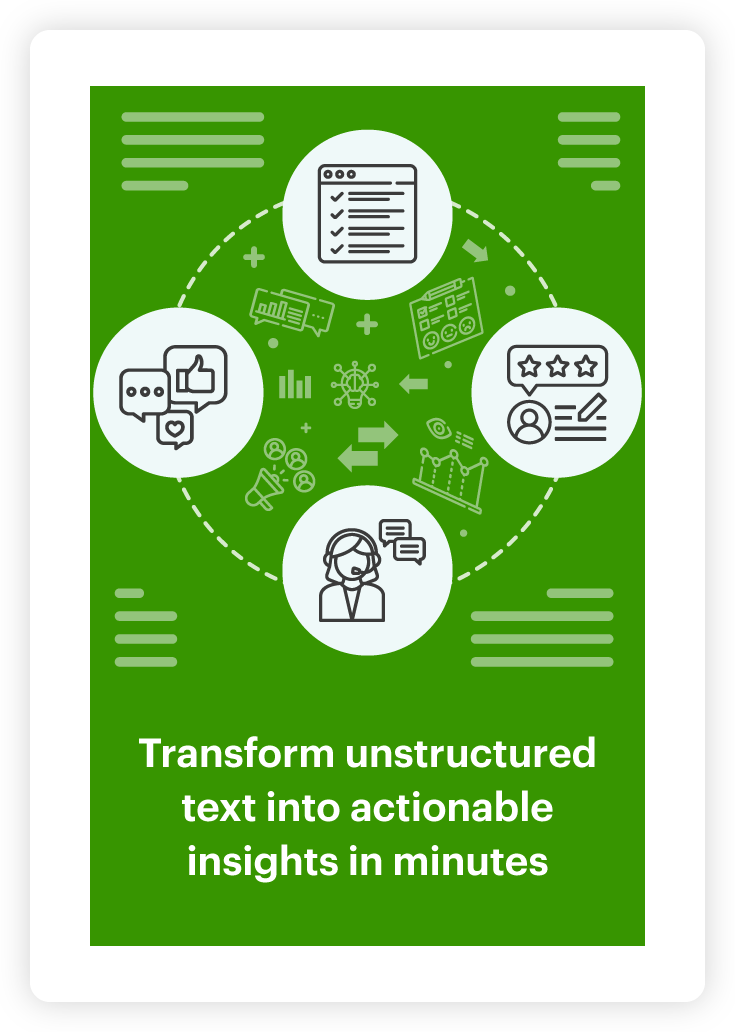Analyzing political and activist speeches from COP26

Last week, more than 100 global politicians and leaders met in Glasgow for COP26 World Leaders Summit, debating how to take action on Climate Change.
However, the annual climate conference has been met with frustration. As thousands of young protesters marched the streets of Glasgow, many activists and campaigners have questioned if politicians truly understand the urgency of climate change.
At Relative Insight, we’re insatiably curious about the impact of words and language. We wanted to understand how the speeches of world leaders such as Boris Johnson and Joe Biden differ to climate activists like Greta Thunberg and Vanessa Nakate, and veteran natural historian David Attenborough.
Relative Insight is a text analytics tool that uses comparison to pinpoint the topics, grammar, phrases, words, emotions that are unique to one data set in comparison to others. In this case, we compared the transcripts of speeches given by world leaders and environmental campaigners during COP26 to investigate the differences in how they tackle the important issue of climate change.
Analyzing political speeches
When analyzing political speeches given at COP26, we found that world leaders were 4.4x more likely to use actionable verbs, such as act and make. This was often given in the future tense – “we will act responsibly” or “we have to make a choice” – with leaders pledging their commitments to the climate cause.

Politicians across the globe seem to be pleading for unity, urgently trying to rally world leaders together to combat climate change. This was clear through the use of the word cooperation in political speeches, a word that was completely absent from the speeches of activists. Politicians discussed the various parts that every nation must play in the climate solution, emphasizing a need for solidarity in the climate fight.

When compared to the language of activists, our analysis uncovered that world leaders were twice as likely to convey an optimistic tone throughout their address. This was evident through the use of hopeful language and positive evaluators such as courageous, bold and better. While emphatic language is used to inspire audiences and help to build up confidence in a government, critics would most likely quip that this language is simply a mask for vague promises.

Analyzing the speeches of climate activists
On the other side of the comparison, our analysis revealed that activists are tired of hearing repetitive empty commitments from politicians and leaders. Temporal language such as again, continue and decades emphasized the fact that activists are upset with the current pace of progress. The phrase blah blah blah encompasses the overarching sentiment of climate activists who are sick of hearing the same fatuous words being spoken.
Furthermore, climate activists stressed the ignorance of world leaders throughout their speeches. Words like ignore, truth and avoiding were 15.8x more likely to appear in this data set, showing that activists don’t believe that those in power are doing enough to curb the problem.

In comparison to political leaders, activists did not shy away from the reality of the climate crisis. Activists were 7.5x more likely to discuss the destruction of the planet. Words such as fighting and fear depict the real struggle that humanity faces to ensure the increase in the Earth’s average temperature stays below 1.5 degrees. By shining light on the destructive reality that we are living through, activists convey just how critical the climate crisis is.

An important difference that our analysis surfaced was that activists were 5.4x more likely to pose questions to their audience. This rhetoric device helps to engage an audience, encouraging people to reflect on important points throughout a speech. By asking questions such as “How will we have climate justice if people from the most affected areas are not listened to?” and “What will it take for the people in power to wake up?”, activists can garner support and incite audiences to blame those in power for political inaction.

Words are powerful. They can inspire hope. But they can also burst an idealistic bubble. It seems that the speeches of world leaders only leave us with more questions, which is why activists are rallying together to try and seize momentum by tackling climate change head-on. By analyzing political and activist speeches, we can clearly see how two distinct groups with a ‘supposed’ common goal connect with their audiences and talk about the catastrophic issues that the world is facing.
Relative Insight can analyze any form of text data. From transcripts to social media, reviews and surveys – the possibilities are endless!
